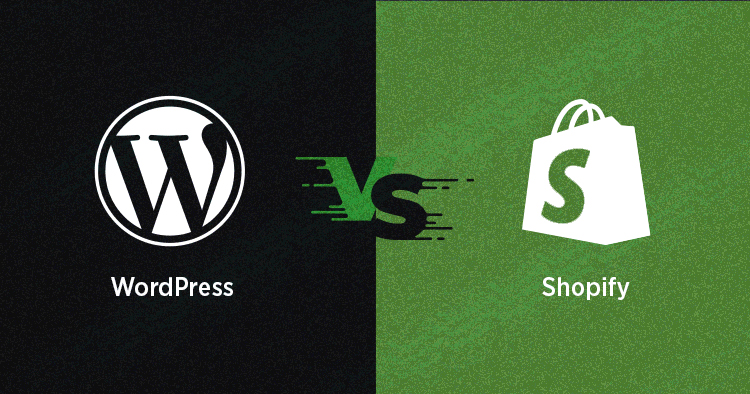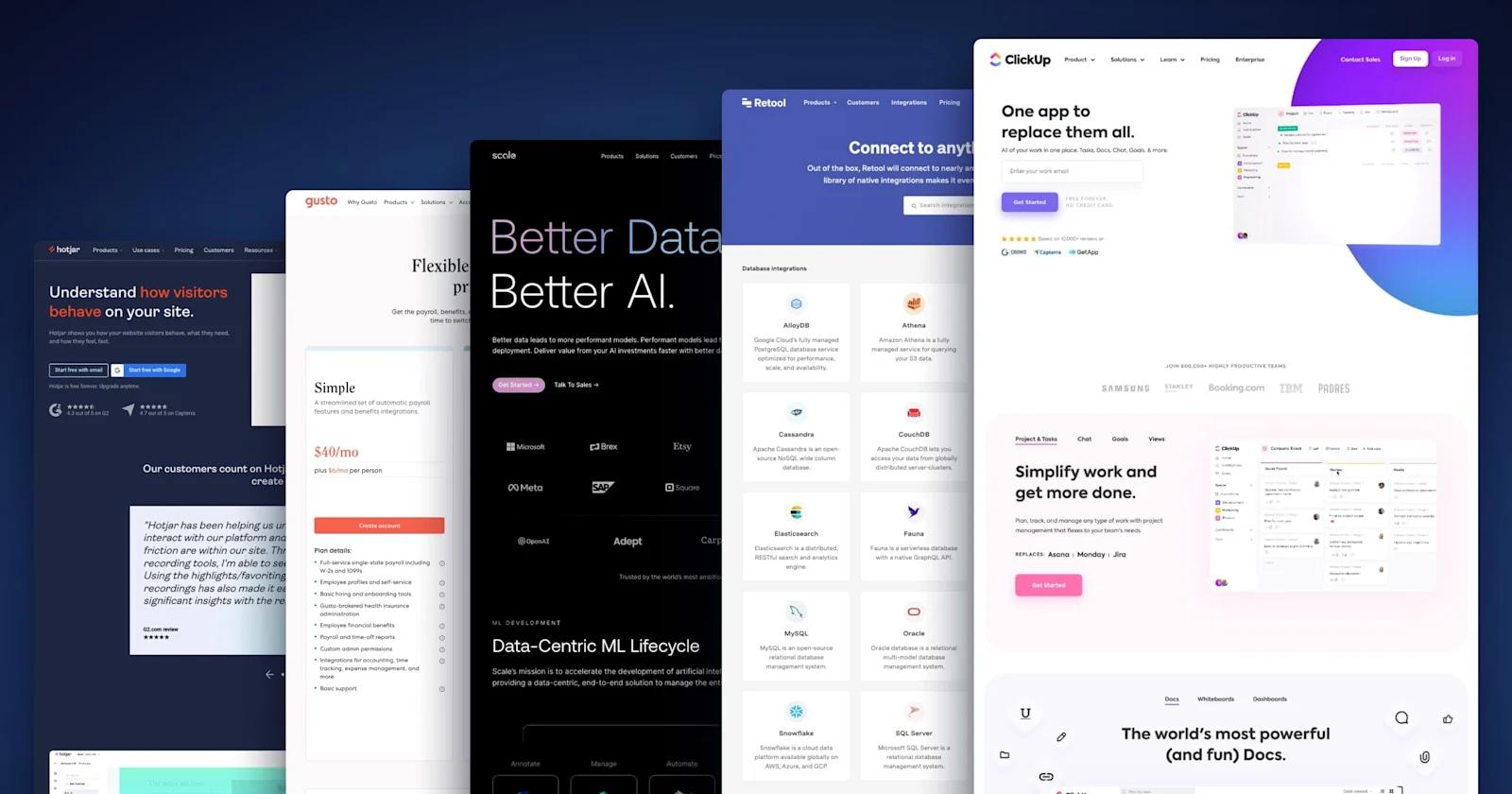So, are you starting an online business? Great! But which platform should you use, WordPress or Shopify? Let’s break it down.
What is WordPress?
Think of WordPress as a blank canvas. It’s super flexible and you can build anything on it. But you’ll need some painting skills (or hire an artist!). It’s great for people who love to DIY and want full control over their website.
What is Shopify?
Shopify is more like a pre-made canvas with paint and brushes ready to go. It’s super easy to use, and you can start selling right away. Perfect for people who want to focus on their products, not website tech stuff.
Let's Compare!
Ease of Use
- Shopify: Easy peasy! Even if you’re a tech newbie, you’ll be selling in no time.
- WordPress: Requires more tech know-how. You’ll need to install plugins and themes to get started.
Design and Customization
- Shopify: Good selection of themes, but customization might be limited.
- WordPress: Endless possibilities! You can create any design you can imagine with the right plugins and themes.
Features
- Shopify: Built-in e-commerce features, payment processing, shipping, and more.
- WordPress: You’ll need to add e-commerce features with plugins like WooCommerce.
Cost
- Shopify: Monthly subscription fee plus transaction fees.
- WordPress: Free to use, but you’ll need to pay for hosting, domain, and possibly premium plugins.
SEO (Getting Found Online)
- Shopify: Good built-in SEO features.
- WordPress: Even better SEO options with plugins like Yoast SEO.
WordPress vs Shopify: A Deeper Dive
Features: What You Get
Shopify comes packed with essential e-commerce features right out of the box:
- Built-in shopping cart: Easily manage products and inventory.
- Secure checkout: Accepts various payment methods.
- Shipping and fulfillment: Calculate rates, print labels, and manage orders.
- Marketing tools: E-Mail marketing, social media integration, and SEO integration.
- Analytics: Track sales and customer behavior.
WordPress offers a more customizable approach, requiring plugins for e-commerce functionality:
- WooCommerce: The most popular e-commerce plugin, offering features similar to Shopify.
- Inventory management: Manage stock levels, variants, and low-stock alerts.
- Payment gateways: Integrate various payment processors.
- Shipping and fulfillment: Calculate rates and generate shipping labels.
- Marketing and SEO: Requires additional plugins for comprehensive tools.
Cost: How Much Will It Set You Back?
Shopify:
- Monthly subscription: Plans start at around $30 per month and increase based on features.
- Transaction fees: Vary depending on the plan.
- Additional costs: Domain name, themes, and apps (optional).
WordPress:
- Self-hosted: Costs for domain name, hosting, and SSL certificate.
- WooCommerce: Free core plugin, but premium extensions may incur costs.
- Themes and plugins: Can range from free to premium.
- Maintenance: Potential costs for updates, security, and backups.
Design and Customization
Shopify:
- Pre-designed themes: A wide range of professional-looking themes.
- Customization: Limited customization options compared to WordPress, but still offers flexibility.
WordPress:
- Endless possibilities: Vast collection of free and premium themes.
- Customization: Full control over design and layout through themes and plugins.
Scalability
Shopify:
- Easy scaling: Can handle increasing sales volume with plan upgrades.
- Shopify Plus: For high-volume stores, offers advanced features and support.
WordPress:
- Scalability: Can handle large-scale stores with proper hosting and optimization.
- Performance: Requires more technical expertise to maintain speed and efficiency.
Support
Shopify:
- 24/7 customer support: Offers email, chat, and phone support.
- Knowledge base: Extensive resources and tutorials.
WordPress:
- Community support: Large online community and forums.
- Plugin support: Varies depending on the plugin.
Which One is Right for You?
- Shopify is ideal for:
- Beginners with limited technical knowledge
- Small to medium-sized businesses
- Those prioritizing speed to market
- WordPress is suitable for:
- Tech-savvy users with coding experience
- Businesses seeking complete control over their store
- Those with complex e-commerce needs
Ultimately, the best platform depends on your specific requirements, budget, and long-term goals. Consider carefully before making a decision.
WordPress vs Shopify vs Other Platforms: Finding the Best Fit
When choosing a platform for your online store, WordPress and Shopify often take the spotlight. However, there are other excellent options worth considering. Let’s expand our comparison:
Other Platforms
Other Platforms (e.g., BigCommerce, Wix, Squarespace): Vary in complexity, but often provide a balance between ease of use and customization.
Other Platforms: Offer varying levels of built-in features and integration capabilities.
Other Platforms: Pricing structures vary, with some offering similar plans to Shopify, while others provide more flexible options.
Other Platforms: Offer varying levels of design control, often falling between Shopify and WordPress.
Other Platforms: Scalability options vary depending on the platform.
ther Platforms: Support levels vary, with some offering dedicated customer support.
Other Notable Platforms
- BigCommerce: Known for its scalability and advanced features, suitable for growing businesses.
- Wix: User-friendly with drag-and-drop interface, ideal for smaller online stores.
- Squarespace: Emphasizes design and aesthetics, popular for stylish stores.
- Magento: Highly customizable and scalable, often used for large-scale enterprises.



